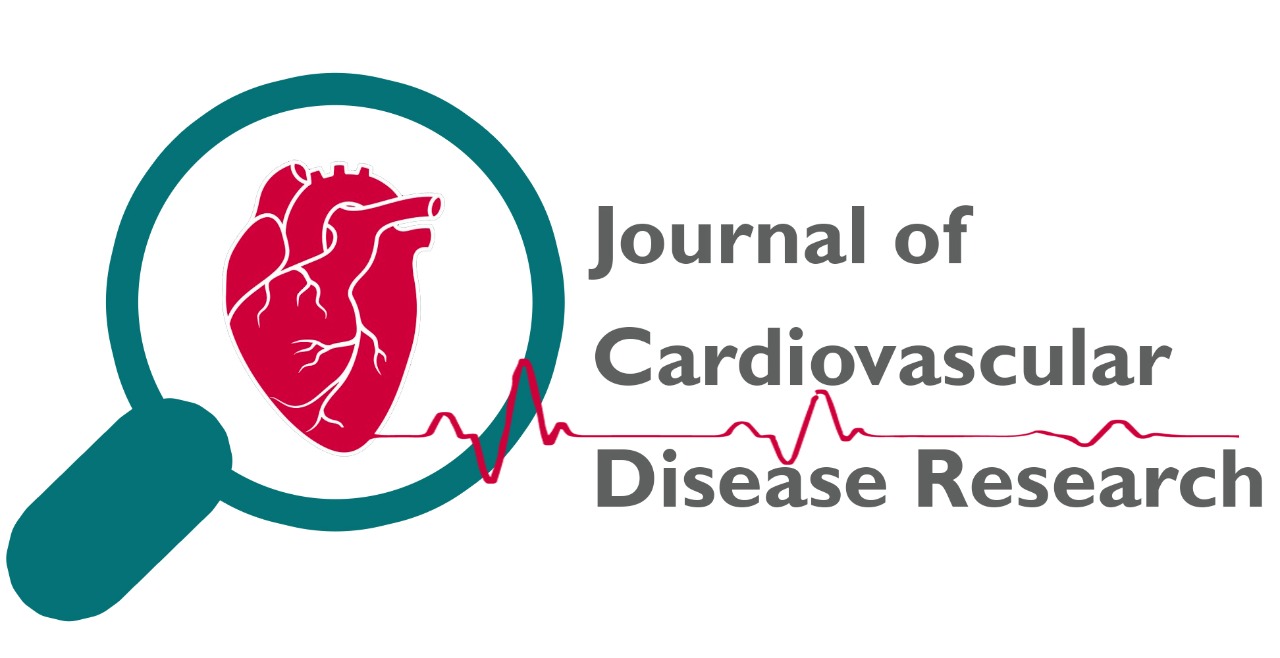
A PROSPECTIVE STUDY OF EFFECT OF GLYCAEMIC STATUS ON PULMONARY FUNCTION TEST IN TYPE 2 DIABETES MELLITUS
Dr. Jaya Kumar Palepu, Dr. Yerra Bothu Ramesh
JCDR. 2023: 407-412
Abstract
Diabetes mellitus as we all know is a systemic disorder which affects many organs by causing pathological changes in them. It is considered as a leading cause of increasing morbidity and deaths in today’s world. The main objective of the study is to study the effect of glycaemic status on pulmonary function test in type 2 diabetes mellitus. Materials and Methods: 100 type-2 diabetes mellitus patients who were not on insulin visiting Department of General Medicine, Mallareddy Medical College for Women, Hyderabad, Telangana as in-patients & out-patients were included. The sample size was taken based on the convenience of the study. 100 healthy controls who’s fasting blood glucose (FBG) and postprandial blood glucose (PPBG) were in normal limits from administrative office of Department of General Medicine, Mallareddy Medical College for Women, Hyderabad, Telangana and other volunteers constituted the control group. The informed consent of the patient / guardian was obtained. Results: FBG among cases and controls were compared which shows a mean FBG value of 207.8 mg / dl in diabetes mellitus group as compared to a mean value of 97.42 mg / di in controls with P value of 0.000 which is highly significant. The mean % of predicted FVC among the cases was 68.37 and 92.74 among the control group with P-value of 0.001, which is statically significant. And % predicted FEV1 among the cases was 81.39 and 85.08 among the control group with significant P-value of 0.008. Conclusion: Despite the fact that type 2 diabetes mellitus patients did not exhibit any respiratory symptoms, their lung function did exhibit a subclinical restrictive pattern. Respiratory abnormalities with a restrictive pattern are linked to type 2 diabetes mellitus. The restricted profile became more noticeable as diabetes mellitus duration grew. The glycemic status and the FEV1 and FVC spirometric indices had an antagonistic relationship. Hence, regardless of the other positive outcomes, aggressive glycemic management may lower the risk of death through enhanced ventilator function. The spirometer is still a low-cost, straightforward, noninvasive diagnostic tool that, when used properly, can alert patients to take quick preventive action
Description
Volume & Issue
Volume 14 Issue 3
Keywords
|
This is an open access journal which means that all content is freely available without charge to the user or his/her institution. Users are allowed to read, download, copy, distribute, print, search, or link to the full texts of the articles in this journal without asking prior permission from the publisher or the author. This is in accordance with the Budapest Open Access Initiative (BOAI) definition of open access.
The articles in Journal of Cardiovascular Disease Research are open access articles licensed under the terms of the Creative Commons Attribution Non-Commercial License (http://creativecommons.org/licenses/by-nc-sa/3.0/) which permits unrestricted, non-commercial use, distribution and reproduction in any medium, provided the work is properly cited. |
|
|
|
|
|
Copyright � 2022 Journal of Cardiovascular Disease Research All Rights Reserved. Subject to change without notice from or liability to Journal of Cardiovascular Disease Research.
For best results, please use Internet Explorer or Google Chrome POLICIES & JOURNAL LINKS
Author Login
Reviewer Login About Publisher Advertising Policy Author's Rights and Obligations Conflict of Interest Policy Copyright Information Digital Archiving & Preservation Policies Editorial Policies Peer Review Policy Editorial & Peer Review Process License Information Plagiarism Policy Privacy Policy Protection of Research Participants (Statement On Human And Animal Rights) Publication Ethics and Publication Malpractice Statement Corrections, Retractions & Expressions of Concern Self-Archiving Policies Statement of Informed Consent Terms of Use |
Contact InformationJournal of cardiovascular Disease Research,
|




